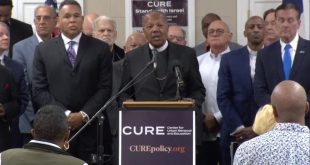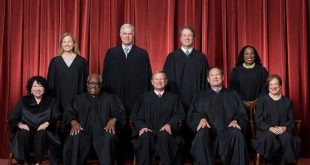David Daleiden, founder of a pro-life organization called the Center for Medical Progress, began releasing videos in the summer of 2015 that exposed Planned Parenthood’s scheme of harvesting and selling the body parts of aborted babies.
Daleiden and his colleague, Sandra Merritt, posed as human tissue company employees seeking to buy body parts from Planned Parenthood and secretly recorded the conversations.
The undercover sting resulted in a congressional hearing, louder calls to defund Planned Parenthood, and felony and misdemeanor charges for Daleiden and Merritt for tampering with government documents (fake IDs), offering to buy body parts, and recording private conversations. Some of the charges are still pending.
The National Abortion Federation (NAF) sued Daleiden, and a court blocked him from releasing more videos. He released more videos anyway and was held in contempt of court. Life News reported on Tuesday that NAF dismissed some of the charges.
The National Abortion Federation (NAF) dismissed seven out of eleven claims on Friday against Daleiden and his organization, the Center for Medical Progress (CMP), in court on Friday. In 2015, NAF sued David and CMP after they began releasing undercover videos exposing Planned Parenthood’s trafficking of baby body parts. Buying and selling fetal tissue is illegal under federal law.
…
NAF’s remaining claims accuse David and CMP of fraudulent misrepresentation, promissory fraud, breach of contract, and civil conspiracy. For instance, NAF complains that David broke the law because he allegedly violated the purported confidentiality agreements he signed at NAF’s annual conference.
Photo credit: By Fibonacci Blue – Flickr: Planned Parenthood in St. Paul, CC BY 2.0, Link
 CURE News and Clergy Blog News and Commentary for Christians
CURE News and Clergy Blog News and Commentary for Christians



